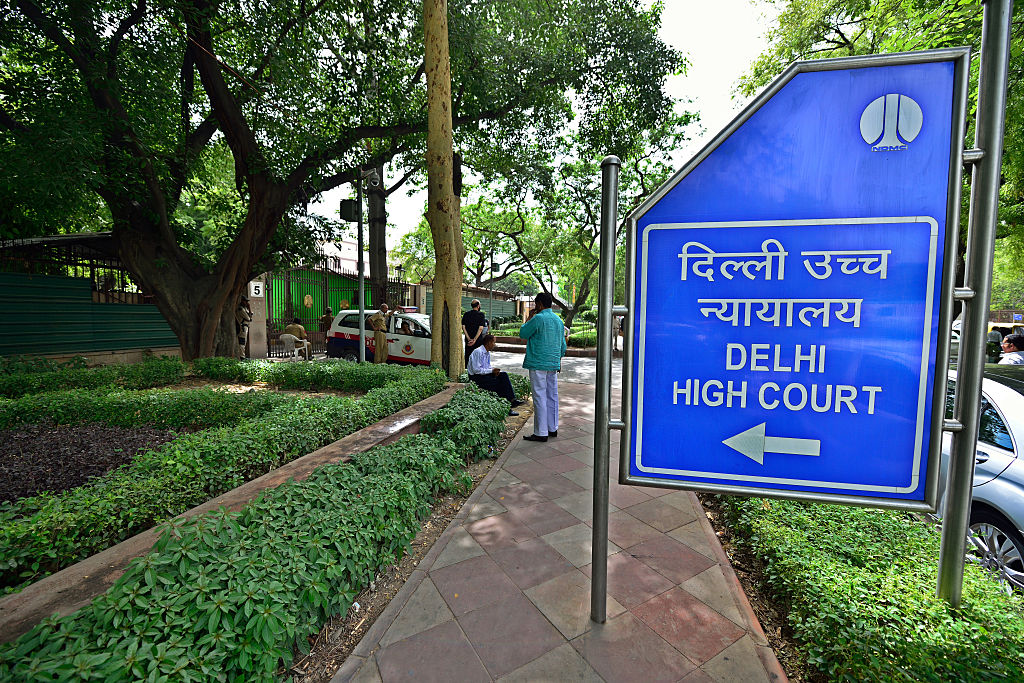The Delhi High Court has postponed the hearing of a petition filed by St Stephen’s College against Delhi University’s notification regarding admissions under the minority quota. The court decided to defer the hearing until August 23, citing a related matter pending before the Supreme Court.
Chief Justice Satish Chandra Sharma, leading the bench, also scheduled a hearing for the same date on a similar petition filed by Jesus and Mary College and a petition filed by Sharon Ann George, who raised objections against the interview process for minority students at St Stephen’s College in addition to the common university entrance test (CUET).
The bench stated that all three matters cannot be addressed at the moment due to the existence of a special leave petition (SLP) before the Supreme Court. The court encouraged the parties involved to approach the apex court to seek resolution for their grievances.
The court’s decision to defer the hearing was prompted by the knowledge that an SLP had been filed against the previous judgment in St Stephen’s College admission cases. Last year, the court had directed the college to give 100 percent weightage to the CUET score for admitting non-minority students, while allowing the college to conduct interviews for minority candidates but not imposing interviews on non-minority candidates.
St Stephen’s College subsequently filed the current petition against Delhi University’s notification, arguing that as a minority institution, its rights to select students for admission and administer the institution should not be interfered with. The petitioner emphasized the court’s previous judgment, which recognized the college’s right to conduct interviews for admission to minority category courses.
Sharon Ann George, represented by senior advocate Arun Bhardwaj and lawyer Akash Vajpai, claimed in her petition that requiring Christian students to undergo interviews in addition to the CUET for admission to St Stephen’s College was discriminatory.
The plea further argued that aided minority educational institutions affiliated with Delhi University should adhere to the university’s norms and procedures to maintain uniformity and excellence, even if their minority status changes.





